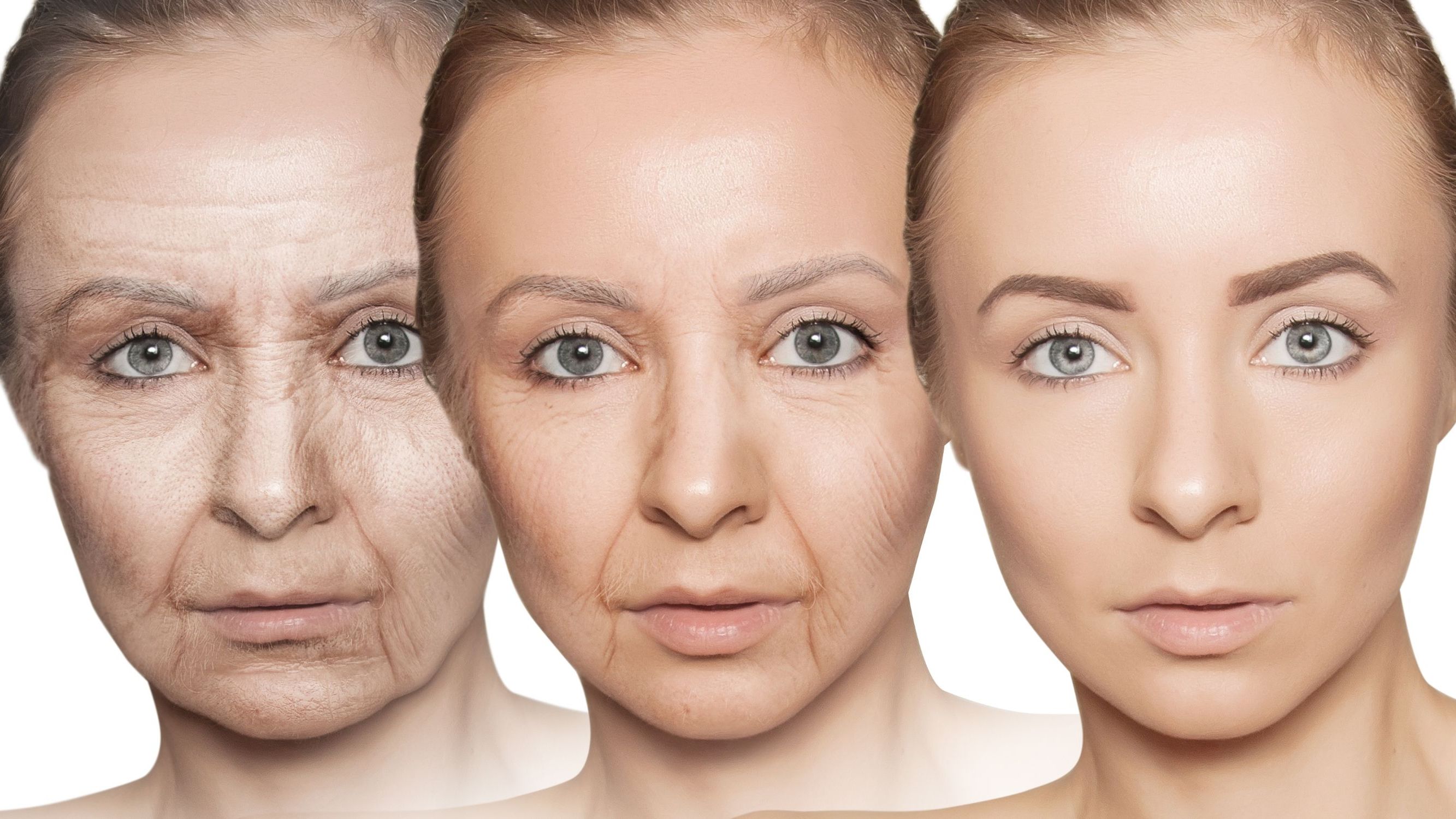Can we change or reverse the aging process?

Ever wondered if we could actually turn back the clock on aging? What if the process of growing older wasn’t as fixed and inevitable as we’ve always been led to believe?
Imagine a world where aging is not a predetermined, unchangeable path but a flexible journey we can influence. What if the ticking clock of our lives could be slowed down, paused, or even turned back in certain aspects? This idea challenges our traditional views on aging and opens up a world of possibilities for extending not just lifespan, but healthspan—the period of life spent in good health.
The Science Behind Aging
For decades, aging has been viewed as an inevitable, linear and unchangeable process. However, groundbreaking research in the fields of genetics, molecular biology, and regenerative medicine is challenging this traditional perspective. They began to unravel the mechanisms that drive aging, revealing that aging might not be as fixed as once thought.
Let’s delve into the science behind aging and explore the possibilities of changing and even reversing this natural phenomenon.
Understanding the Aging Process
Aging is a complex, multifaceted process involving genetic, environmental, and lifestyle factors. At its core, aging affects cells, tissues, and organs, leading to decreased function and increased susceptibility to diseases. Key mechanisms include:
- Cellular Senescence: As cells age, they can no longer divide or function properly, contributing to tissue degradation and age-related diseases.
- Telomere Shortening: Telomeres are protective caps on the ends of chromosomes that shorten with each cell division. When they become too short, cells can no longer divide, leading to cellular aging.
- Oxidative Stress: Free radicals damage cellular components, accelerating aging and contributing to various diseases.
- Inflammation: Chronic inflammation, or "inflammaging," plays a significant role in the development of age-related conditions.
Can We Slow Down the Aging Process?
Recent advancements in science have shown that we might have more control over aging than previously thought. Here’s how:
- Targeting Old Cells: Scientists are working on new treatments to remove or refresh old, damaged cells that build up as we age and can cause inflammation and disease. For example, some drugs are being developed to specifically target and destroy these cells, which has shown promise in improving health and extending lifespan in animal studies. Clinical trials are now testing these drugs in people, aiming to offer a method for slowing down aging by improving cellular health.
-
Extending Telomeres: Telomeres, which protect the ends of our chromosomes, get shorter as we age, which limits how often cells can divide. Scientists are looking into ways to lengthen telomeres or activate telomerase, an enzyme that helps maintain their length. Early research has shown that activating telomerase can boost cell function and slow down aging in lab experiments. Although it’s still in the experimental stage, this approach could potentially extend cell lifespan and delay some aspects of aging.
-
Fighting Oxidative Stress: Antioxidants help neutralize free radicals, which cause damage to our cells. You can get antioxidants from fruits, vegetables, and supplements to protect your cells. Also, eating fewer calories and using certain drugs like rapamycin have been found to lower oxidative stress and extend lifespan in different organisms.
- Reducing Inflammation: Keeping chronic inflammation in check is key to aging well. You can help lower inflammation by following an anti-inflammatory diet, staying active with regular exercise, and making healthy lifestyle changes. Researchers are also exploring medications and supplements that target inflammation to see if they can help slow down the aging process.
Embracing a New Paradigm of Aging
The idea that aging can be controlled or reversed challenges traditional notions and opens up new avenues for improving quality of life.While the idea of completely reversing aging remains a work in progress, there are practical steps we can take today to influence the aging process positively. Embracing this paradigm involves:
- Proactive Health Management: Adopting a lifestyle that includes regular exercise, a balanced diet, and stress management can significantly impact aging and health.
- Technological Innovations: Staying informed about advancements in aging research and considering participation in clinical trials can provide access to cutting-edge treatments.
- Holistic Approach: Combining scientific advances with healthy living practices offers the best chance for extending both lifespan and health span.
-
Cultivate a Positive Mindset: Embrace a proactive approach to aging by focusing on activities that bring joy and fulfilment.
-
Engage in Lifelong Learning: Challenge your brain with new skills, hobbies, and social interactions to support cognitive health.
In Closing
The notion that we can control or even reverse aging is transforming how we approach health and longevity. While science continues to explore the boundaries of aging research, we already have tools and knowledge to enhance our quality of life as we age. By understanding the mechanisms of aging and adopting a holistic approach to health, we can make the most of our years and enjoy a vibrant, fulfilling life. The future holds exciting possibilities, and by staying engaged and informed, we can all play a role in shaping the next chapter of aging.
listen
The Longevity Paradox Podcast
On The Longevity Paradox Podcast, we bring you creative insights and practical tips to enhance your quality of life and vitality at any age. Welcome to an adventure towards a longer, more vibrant life.
